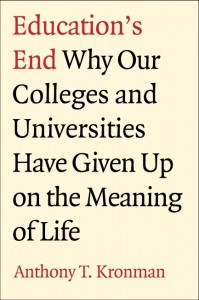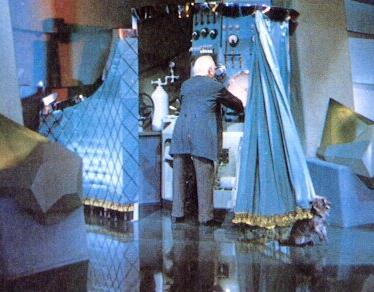There’s an ecology around work that’s like planting a garden.
A garden thrives when your growing things are suited to the sun and rain that’s available, and when there’s already a rich enough soil in place to build upon. A healthy garden welcomes the insects that share its patch of ground (the bees for pollination, the spiders and wasps for security), and can withstand the rest with a little help. A garden shouldn’t need too much protection or encouragement. It thrives when it fits or belongs where it’s located.
A garden also serves its gardener. You willingly bring your energy to it because it provides the harvest you’re after: pride as it becomes established, joy when it blooms, and satisfaction when it fills your table. Maybe it’s also the hummingbirds and fireflies that celebrate its success with you by visiting regularly. Or the buzzing sounds of life that surround it when it talks back to you everyday. There’s a particular exchange that each gardener is after.
Work worth doing is like a garden. It fits your abilities and engages your particular interests. It brings you together with natural allies, and weathers the challenges that come with its territory. Work worth doing can be hard, but doesn’t ask for more than you can reasonably provide. This kind of work teaches you something practical everyday, and makes you more capable tomorrow. Your rhythms and its rhythms are compatible.
Work worth doing also brings you a sense of accomplishment when the workday is over; you may be tired, but you’re proud of how your energy was spent. Work worth doing provides you with “a living” (it covers your needs) but it also “brings you to life” (it furthers your aspirations). Maybe your work meets needs that are unmet in the marketplace, providing genuine value. Or it heals what you feel is broken or changes things as you see them for the better. You take its daily harvest home with you at day’s end, and recall the best of it the next morning—so it enriches the rest of your life.
When it fits into its place, summer is the time when a garden’s yield becomes apparent. Otherwise, summer is the gardener’s season of punishment and likely surrender.
Similar messages are delivered (though not always received) during this season of work. The slowing tempo through August offers chances to consider our fit with our work and the sufficiency of its rewards—a window of opportunity before September’s stepped-up pace.
Summer may be the most natural time for thinking about the ecology of our work.







